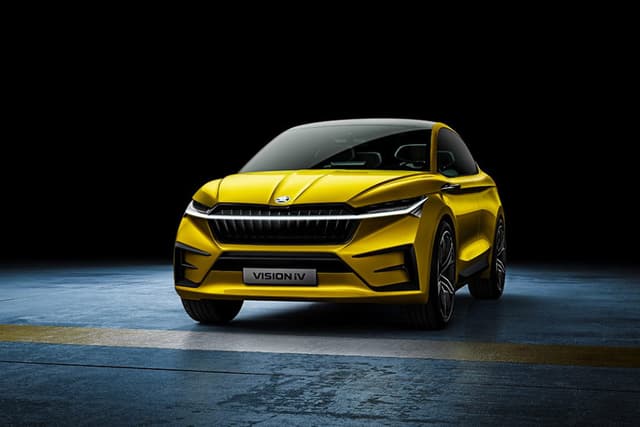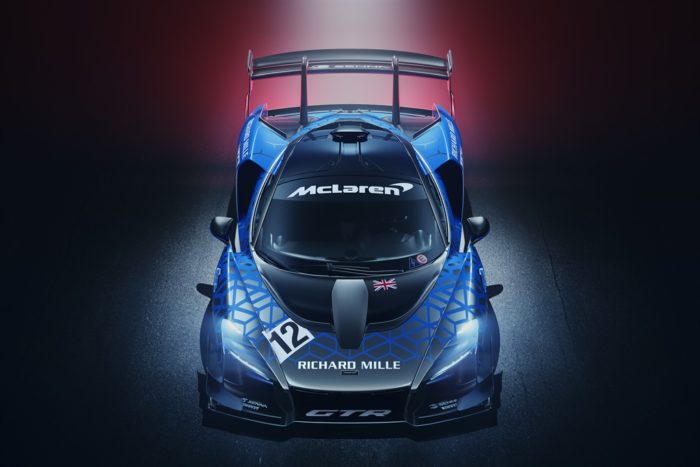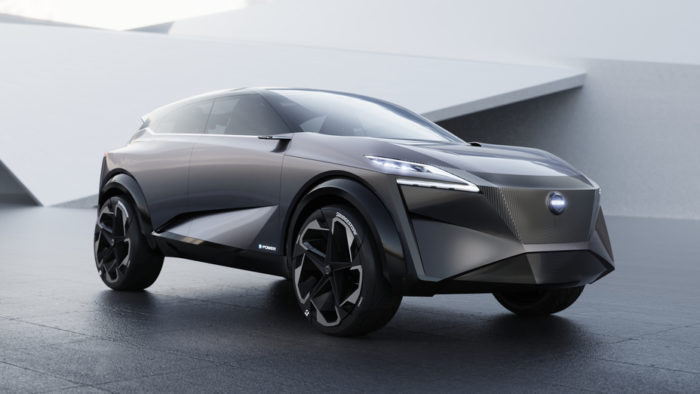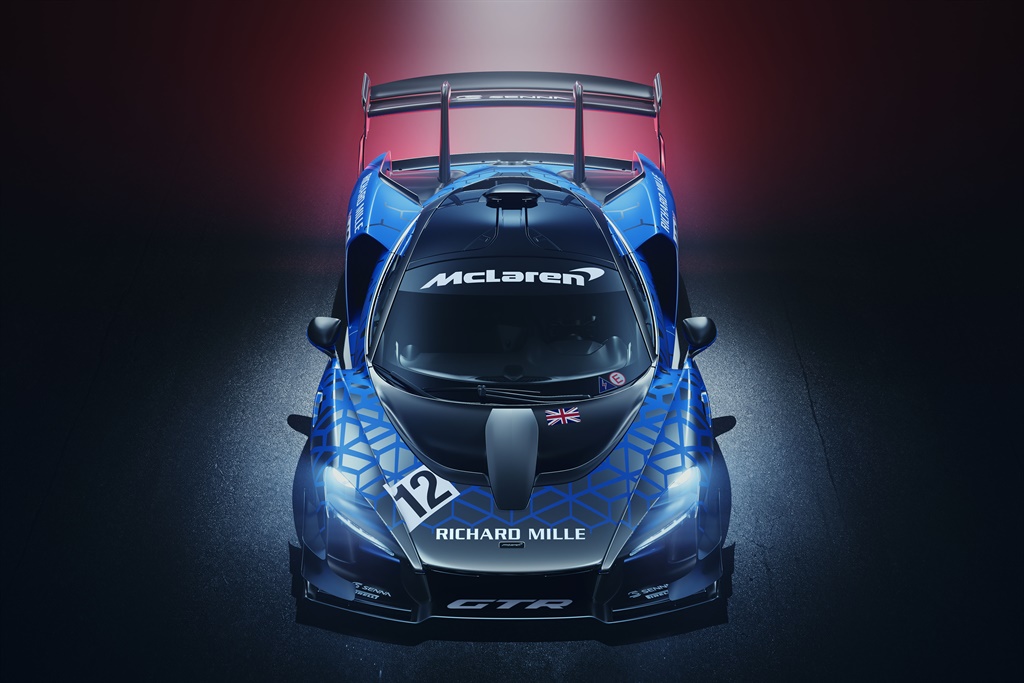Now Reading: Koenigsegg unveils 1600bhp Jesko hypercar at Geneva Motor Show
-
01
Koenigsegg unveils 1600bhp Jesko hypercar at Geneva Motor Show
Koenigsegg unveils 1600bhp Jesko hypercar at Geneva Motor Show
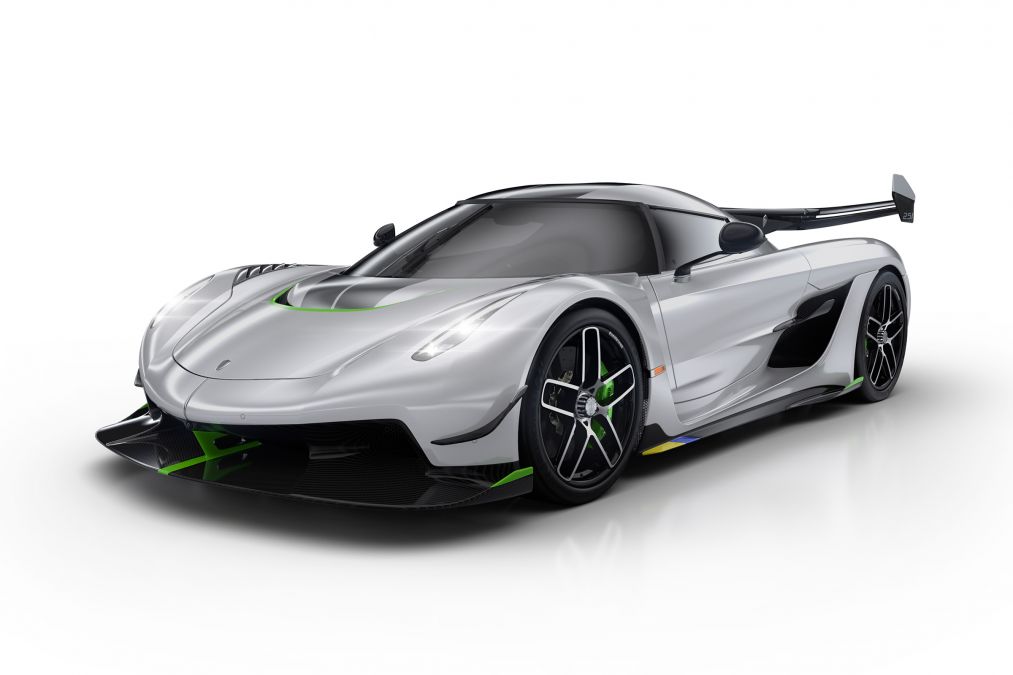
Taking the example of record-breaking Agera RS, Koenigsegg unveiled the Jesko hypercar at the 2019 Geneva motor show. Named after Jesko von Koenigsegg, the father of company Founder and CEO, Christian von Koenigsegg, the new model includes a revised carbon tub, power plant and all-new gearbox, developed in-house.
A remodified version of the same 5.0-liter turbocharged V8 discovered in the marque’s previous models supports about 1600bhp and 1106lb ft of torque to the rear wheels when running on E85 race fuel – it’s a paltry 1280bhp on conventional fuel. Performance numbers haven’t been revealed, but we would imagine it will be marginally quicker than the less powerful Agera RS, that has a 0-62mph time of around 2.6 seconds. The world’s lightest crankshaft (12.8kg), milled from a solid steel billet, together with a host of other bespoke, lightweight components can be discovered throughout the powertrain. The use of lightweight components both decreases unwanted vibration generally found with flat-plane crankshaft power plants and permits the engine to spin at an impressive 8500rpm.
One of the highlight functions of the Jesko is its new nine-speed Light Speed Transmission (LST). The brand states it has the ability of ‘near light speed’ gear changes, because of the simultaneous opening and closing of clutches, permitting ‘seamless’ acceleration and deceleration. Because of the trick multi-clutch system, Ultimate Power On Demand (UPOD) permits the gearbox to jump to the most effective gear, unlike a dual clutch system that has to run through all gears on the way.
As this car is a transformation of the Agera, tweaks have been made to the carbon tub for making it a more useable machine. It’s now 40mm longer and 22mm higher to offer passengers with more legroom, headroom
Inside, leather, Alcantara,
In addition, the machine is also able of more than 1000kgs of downforce, mostly because of its active, top-mounted dual-level rear wing and front splitter with active underbody aero inlets. Lightweight
The Jesko will be priced from around £2.3 million ($2.98 million) and only 125 units will be created.
Stay Informed With the Latest & Most Important News
Previous Post
Next Post
-
 01Polestar Boss Says It’s Time To Outrun BMW M And Mercedes-AMG
01Polestar Boss Says It’s Time To Outrun BMW M And Mercedes-AMG -
 02Spy Shots: 2027 Mitsubishi Pajero Spotted in Testing Ahead of Possible U.S. Return
02Spy Shots: 2027 Mitsubishi Pajero Spotted in Testing Ahead of Possible U.S. Return -
 032026 Toyota Hilux EV: A Powerful Truck with Silent Torque
032026 Toyota Hilux EV: A Powerful Truck with Silent Torque -
 04Spy Photos: VW ID. Polo GTI Goes Electric with 223 HP and 280 Miles of Range
04Spy Photos: VW ID. Polo GTI Goes Electric with 223 HP and 280 Miles of Range -
![2027 Mercedes-Benz S-Class Debuts with V8 Engine [Photo Gallery]](https://speedlux.com/wp-content/uploads/2026/01/2027-Mercedes-Benz-S-Class-33-155x125.jpg) 052027 Mercedes-Benz S-Class Debuts with V8 Engine [Photo Gallery]
052027 Mercedes-Benz S-Class Debuts with V8 Engine [Photo Gallery] -
 06The Controversial Ford Voodoo V8 That Was Killed Off Too Early
06The Controversial Ford Voodoo V8 That Was Killed Off Too Early -
 07Hyundai Palisade’s Breakout Year Shows How Quickly the Market Can Turn
07Hyundai Palisade’s Breakout Year Shows How Quickly the Market Can Turn


![2027 Mercedes-Benz S-Class Debuts with V8 Engine [Photo Gallery]](https://speedlux.com/wp-content/uploads/2026/01/2027-Mercedes-Benz-S-Class-33-700x394.jpg)






































